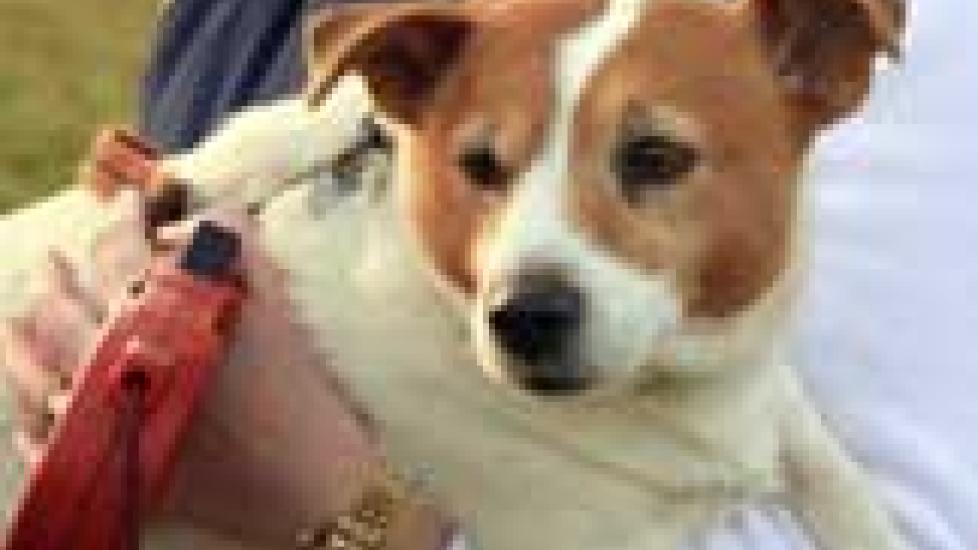The "Owner Effect" in Canine Weight Loss
Helping dogs lose weight is not easy, but sometimes it seems harder than it ought to be. I’ve designed many a weight loss plan for overweight pets. I try to be very specific — feed "X" number of calories, which equates to so many cups of a specific food per day.
I outline how many of which treats are acceptable, what our expectations for exercise are, and what our weight loss goal is for the next month. All too often, the dog’s weight barely budges between appointments.
It’s not the dog’s fault. I can only think of one occasion where my patient was actually eating meals that its owner was not aware of (turns out a neighbor was sneaking him hotdogs, lots of hotdogs). For the most part, dogs can only eat the food their owners give them. So why do doggy diets rarely go as planned?
A German study tried to answer that by questioning 60 owners of obese dogs and 60 owners of slim dogs. They found that the human-animal bond was equivalent between the two groups, but that there were significant differences in how the owners interacted with their dogs. Here are some of what I think are the study’s more relevant findings:
The owners of obese dogs were more likely to
- rate exercise, work, or protection by their dogs as less important
- spend more time watching their dogs eat
- feed their dogs a greater number of meals, snacks, and table scraps
- allow the dog to be present when they were eating
- rate low cost of food as being important
- buy food at the local supermarket
- have less interest in balanced dog nutrition
And most importantly, "Owners of obese dogs were often obese themselves and they took only a rather limited interest in their own preventive health behavior as well as that of their dogs."
Client education is crucial, but that’s an awful lot to overcome in one (or several) 15 or 20 minute appointment(s).
I have to admit that I’ve occasionally skirted around the "your pet really needs to lose some weight" talk with overweight owners. I’ll mention the pet’s body condition just in case it’s not obvious and maybe hand over some literature about the benefits of weight loss, but a frank discussion about the risks of obesity when the owners haven’t brought the topic up themselves tends to make everyone in the room uncomfortable.
Spineless of me, I know. I’ll try to do better.

Dr. Jennifer Coates
Source:
Kienzle E, Bergler R, Mandernach A. Comparison of the feeding behaviour of the man-animal relationship in owners of normal and obese dogs. J Nutr.1998;128:2779S–82.
Image: Lesley Rigg / via Shutterstock
